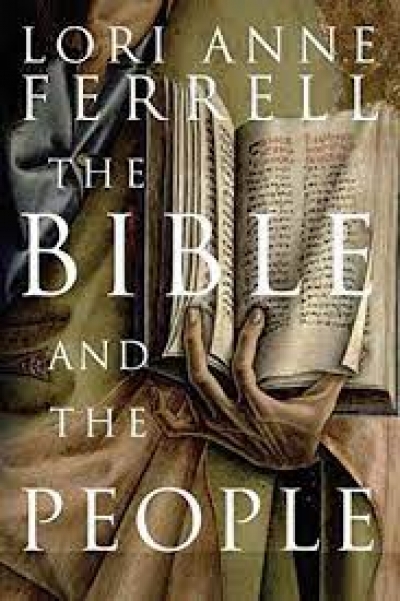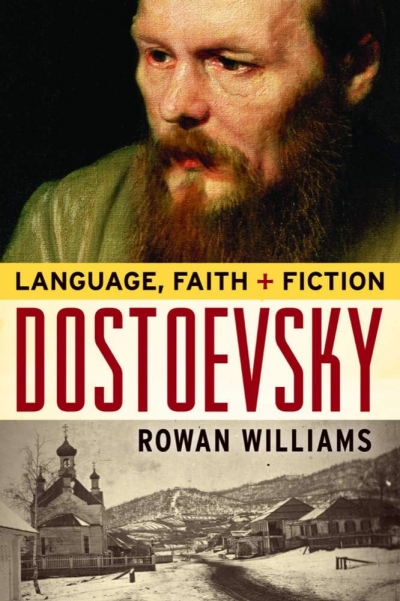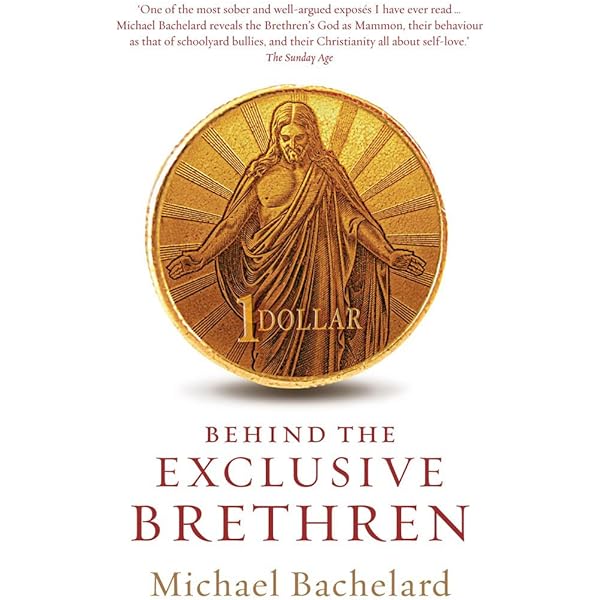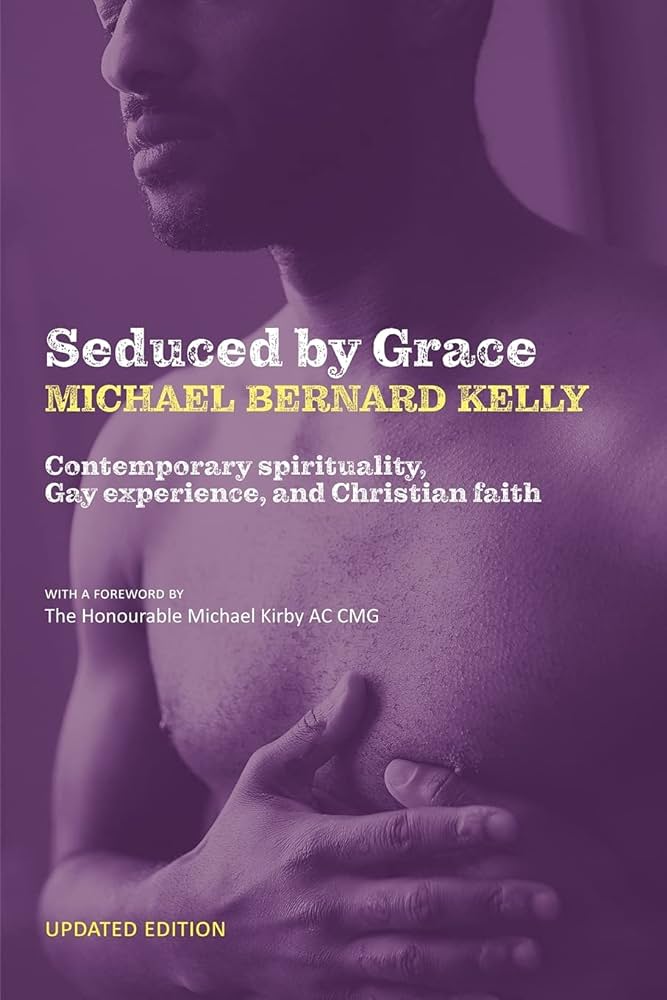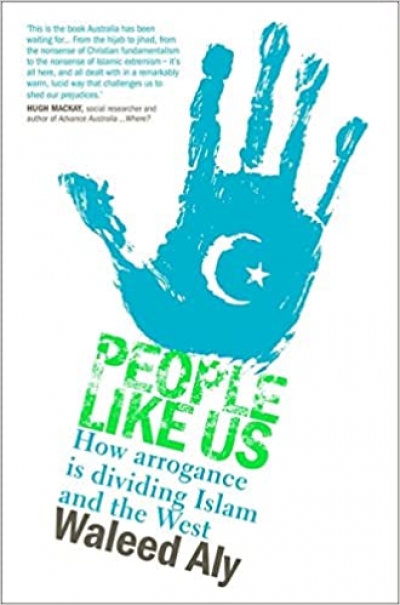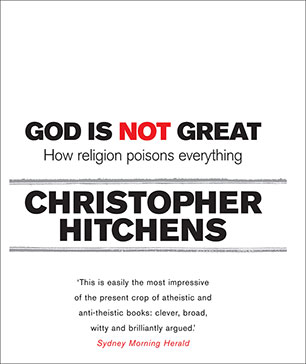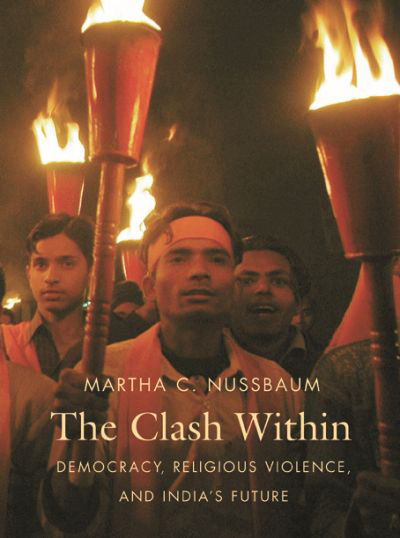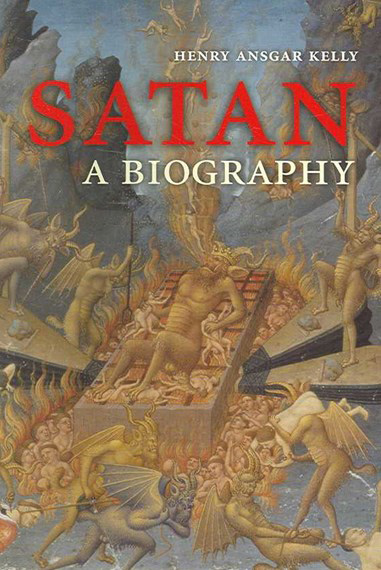Religion
The Bible is not a book. Its title comes from the Greek biblia, books; it is a collection, or library. That the Bible has become a single book, or even the book for some, is a remarkable and sometimes problematic accident, and the premise for this engaging tour through one part of its history.
... (read more)A book with a title such as this one necessarily invites a question: is it going to be a theological work using examples from the stated body of fiction, or an exercise in literary criticism confined mainly to religious themes, just as other critics might focus their discussion on political or psychological issues? Most authors would of course protest against this crude ‘either/or’ proposition and assert that the strictly literary aspects of a novel, as distinct perhaps from non-fiction, are inseparable from any intellectual issues it might raise. Neither approach should play Christ to the other’s St Christopher.
... (read more)Robert L. Park is an American professor of physics who has taken up the sword against superstition and wobbly science. In an earlier book, Voodoo Science: The Road from Foolishness to Fraud (2000), he assailed pseudoscientific delinquents and pretenders, and some of its themes reappear in Superstition. But the majority of the new book’s bogeys are generally acknowledged to be remote from science: religion, creationism or intelligent design, vitalism and the soul, reincarnation, the power of prayer, divine agency in cataclysms, New Age mysticism, homeopathy, and a host of related things. A few of the targets, such as acupuncture, space colonisation and the ‘quantum mysticism’ conjured from alleged mind-involvement in quantum phenomena, may be thought by some to border on (good) science, but not by Park.
... (read more)Behind the Exclusive Brethren is the story of a religious group that goes to extraordinary lengths to remain ‘apart from the world’ but whose very ‘unworldliness’ is maintained by very worldly means. Journalist Michael Bachelard’s readable and balanced account of the Exclusive Brethren in Australia is informed by a broad understanding of the church in its international context.
... (read more)‘This book is a celebration of art that doubles as a critique of religion,’ writes Peter Conrad in the introduction to this enormous book. Neither aim is especially unusual, but their ambitious fusion here creates a questing mesh of narratives, huge in scope, in which architecture, music, literature, drama, motion pictures, poetry and philosophy in many schools and eras are gathered under the sprawling rubric of art, and no religious tradition is excluded. At times it feels as if you are reading a book about everything, and its restlessness carries you through thirty-three extremely solid, occasionally indigestible chapters, beginning with Mary Shelley’s Frankenstein.
... (read more)Seduced by Grace: Contemporary spirituality, gay experience and Christian faith by Michael Bernard Kelly
Michael Bernard Kelly is perhaps best known for his association with the Rainbow Sash Movement, a group of gay and lesbian Catholics and their supporters who have, from time to time, been refused Holy Communion when attending Mass wearing the rainbow sash. Cardinal Pell, formerly archbishop of Melbourne, now of Sydney, has been a particular target. Kelly describes himself as the movement’s ‘writer, spokesperson and co-convenor’. For him the sash is ‘a symbol of gay visibility and dignity within the Catholic Church’, and the movement challenges what he sees as the hypocrisy of the Church’s continuing condemnation of homosexuality.
... (read more)Like Us: How arrogance is dividing Islam and the West by Waleed Aly
There is only one verse in the Koran that deals with suicide. Its content seems pretty clear: ‘Do not kill yourselves’ (4:29). Of course, the verse has not stopped waves of Muslim suicide bombers in the past twenty-five years. Nor has it stopped a smattering of extremist Muslim clerics from using the Koran to promote or justify suicide missions. Their somewhat contorted reasoning usually goes like this: the Koran promises an afterlife to so-called martyrs who die ‘struggling in the way of God’ (2:154); therefore, those who are killed in Allah’s way are not considered dead but ‘are alive, are provided sustenance from their Lord’ (3:169). Thus, suicide bombers have not transgressed verse 4:29 but are martyrs who have died defending Islam and will live on in the afterlife.
... (read more)God is Not Great: How religion poisons everything by Christopher Hitchens
The only salutary effect, it seems to me, of the evolution of religious fundamentalism over recent decades is the current reaction of some scientists, philosophers and public intellectuals. Since the end or the Enlightenment, interest in reasoned polemic against religion (which excludes communist attempts to extirpate it) has largely waned, possibly on the false supposition that the quarry had been mortally wounded. But the emergence of ruthless Islamist ambitions and terrorism, and the malign influence of elements of the Christian right and of right-wing Jewish groups, especially in George W. Bush’s America, appear at last to have spurred intellectuals to produce books and documentaries, to confer and to organise, to engage in resistance to what is rightly perceived as a religious assault on reason and liberal values, as the dying of secular light. The most prominent of the current critics are the philosophers Daniel Dennett and Michel Onfray, the biologist Richard Dawkins and the versatile Christopher Hitchens.
... (read more)The Clash Within: Democracy, religious violence, and India's future by Martha C. Nassbaum
As the Ernst Freund Distinguished Service Professor of Law and Ethics at the University of Chicago, Martha Nussbaum’s confident intensity is underpinned by a dazzling range of scholarship – politics history, psychoanalysis, economics, development studies, constitutional law, archaeology, comparative religion, comparative ethnology, pedagogy, gender studies, ethics – all focused in this book on intellectually annihilating a particular minority, the Hindu religious right in India and its supporters in the United States. Nussbaum’s personal background explains her fervour. Her mother’s family descend from the Mayflower, her father was a conservative Southern lawyer, and the family lived the secure life of Philadelphia’s main line. Martha rejected these satisfactions: ‘I was ill at ease with my elite WASP heritage.’ She became involved in the civil rights movement, and converted to Judaism when she married a Jewish linguist whom she met in a class on Greek prose composition. ‘I had an intense desire to join the underdogs and to fight for justice in solidarity with them.’
... (read more)One stock form of biography is attempting the rehabilitation or revision of a character whose reputation seems well settles. In theory, the most challenging of such projects is that of returning the Devil, otherwise known as Lucifer or Satan, from the lowest circle of human estimation to a more sympathetic or nuanced position. With a tip of the hat to Jack Miles’s God: A Biography (1995), Henry Ansgar Kelly constructs a diabolical life of sorts, retracing the idea of Satan across the centuries from ancient Israel to contemporary Catholicism. This is partly a popularising presentation of scholarly research on an idea and its variations, and partly the outworking of the attractive conceit, borrowed from Miles, that behind the pages of scriptural and apocryphal material lies the development of a real character.
... (read more)

